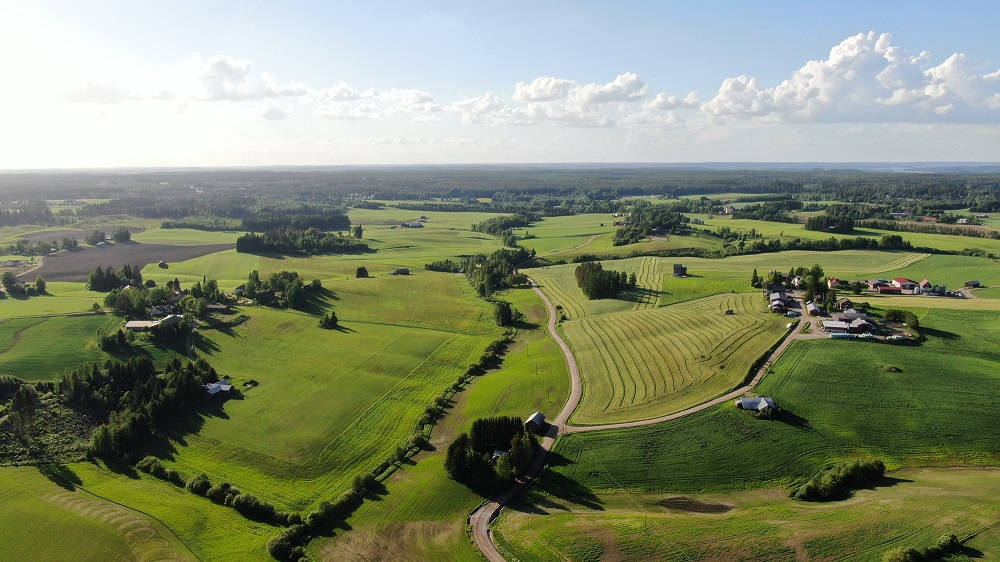Impactful climate work in Catch the Carbon projects

In the Catch the Carbon package of climate measures important work has been done to develop sustainable and climate resilient agriculture and forestry. Based on the good experiences gained, this project work should continue in the future.
The Catch the Carbon package for the land used sector has provided funding for an exceptionally broad range of different kinds of climate projects. The research projects have produced up-to-date scientific information, while development projects have tested and developed practical solutions together with a large number of local stakeholders.
Through these projects means have been found to reduce emissions from agriculture, forestry and other land use and to increase carbon sinks and reservoirs. The package has also contributed to the adaptation to climate change in agriculture and forestry and to the preparation for the growing risks.
The involvement of local stakeholders, including farmers and forest owners, has been considered important as it will promote a just implementation of the green transition. The organisations that have implemented the projects include research institutes, educational institutions, advisory organisations and companies.
“The Catch the Carbon package has become a significant effort to enhance the knowledge base and implement climate measures that covers the whole country. This effort will be remembered especially from collaboration where multidisciplinary research goes hand in hand with putting things to practice,” says Jaana Husu-Kallio, Permanent Secretary of the Ministry of Agriculture and Forestry.
Work aims for concrete impacts
The impact of the ongoing and already completed development projects is evaluated in a recent report published by Gaia Consulting. A study was conducted to evaluate how close to implementing concrete climate impacts the projects came. The impact was evaluated by means of an impact path developed in the project, where projects with direct impacts on decision-making by farmers and forest owners came the closest to having direct impact.
According to the evaluation, impactful climate work has been done through the package, but concrete climate impacts could be reached even faster if in the future project applications funding would be targeted to putting the results of the ongoing projects into practice. You can read more about the evaluation and recommendations through the links below.
Some of the Catch the Carbon projects have already been completed, but new ones are also getting started. The recommendations of the evaluation were taken into account in the latest call for applications, where the main focus was on projects related to putting knowledge to practice and communication. The funding decisions will be made by June 2023.
Project activities should continue in future
Access to data and impactful climate measures were also the themes of the seminar held on 16 May that brought together a large number of stakeholders in the land use sector. The key focus was on the future: what will happen when the projects come to an end, and how the information produced in them can be put to practice as effectively as possible. Link to the seminar is provided below.
The Climate Plan for the Land Use Sector proposes that the project activities should continue in the future. Based on the good experiences gained from the Catch the Carbon package, this is easy to justify. During 2023 the guidance of the local implementation of the Climate Plan for the Land Use Sector will be transferred from the Ministry of Agriculture and Forestry to the Centre for Economic Development, Transport and the Environment for North Ostrobothnia.
“The Catch the Carbon projects have produced excellent material for climate work in the land use sector. Now we will continue to follow this path towards a carbon-neutral Finland with serious efforts of numerous stakeholders and support from the new Climate Unit of the Centre for Economic Development, Transport and the Environment,” Jaana Husu-Kallio says.
Inquiries:
Anna Salminen, Senior Specialist, Ministry of Agriculture and Forestry
[email protected], 029 516 2002
Read about the impact evaluation
Policy brief in Finnish
Policy brief in English